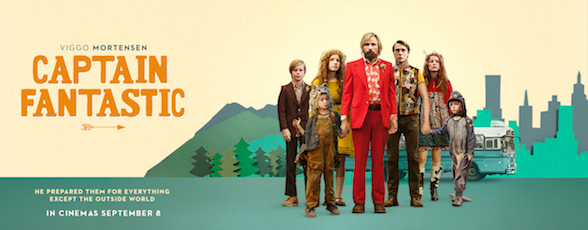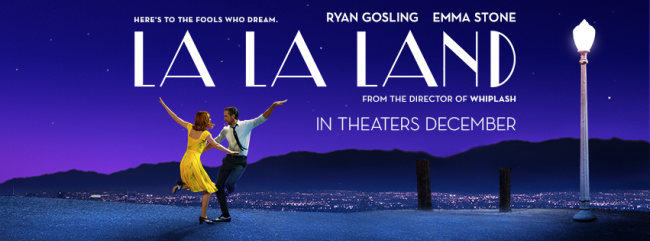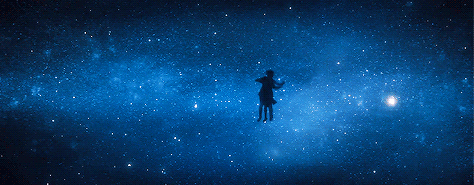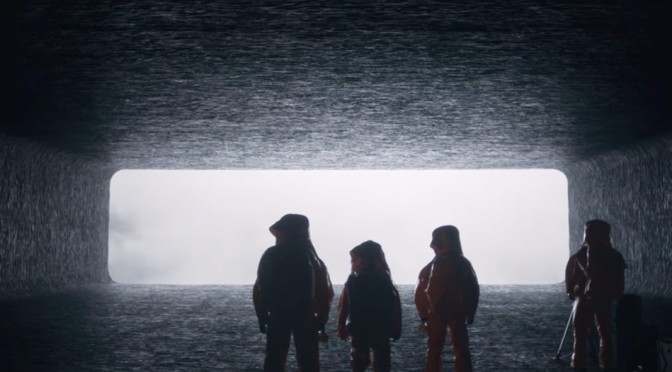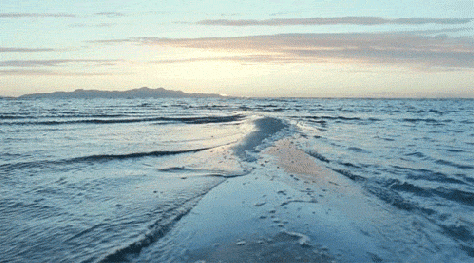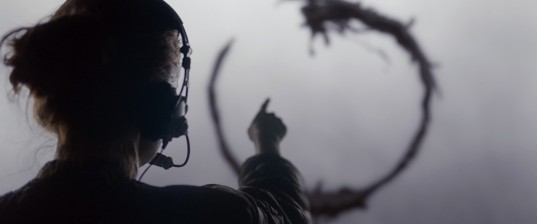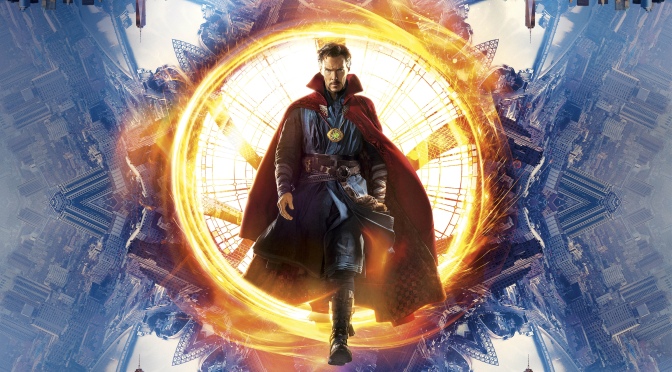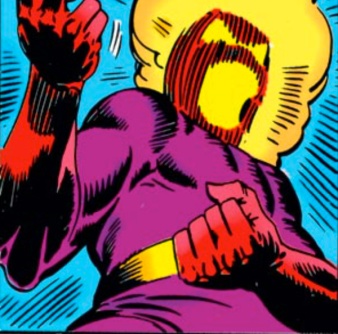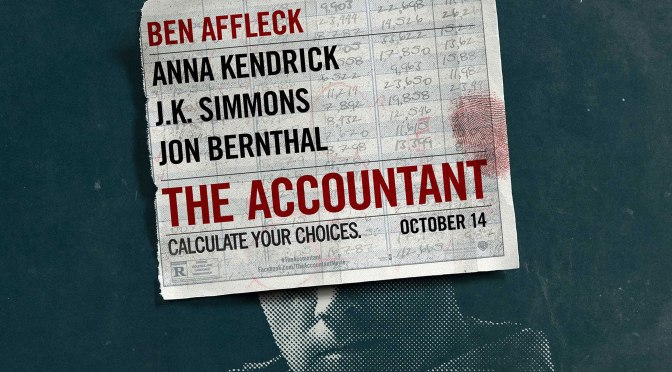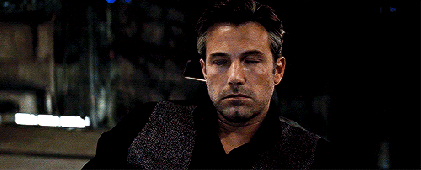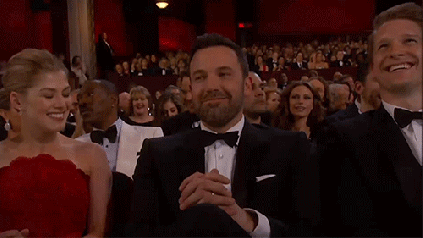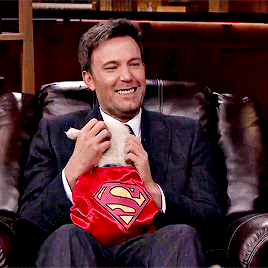Ben Cash and his six children are forced to revisit society to attend their mother’s funeral and steal her body to “free” her from its wooden entrapment (casket) as her dying wishes stated. Despite their intensive physical training and New Age hippie philosophies taught by their father, they were unprepared for the real world.
Captain Fantastic is mainly about extremes: in love, in our ideals, in the way we choose to live. The title itself is a little off-put; I originally assumed there was something fantastical about the Ben Cash character, played by Viggo Mortensen, and that we had maybe yet another superhero spin-off on our hands. Actually, Ben is just a dad who loves his family more than life itself. He believed that there is more value to solitude and in learning basic survival skills in the wilderness rather than being “brainwashed” in a government-funded classroom. In other words, he severely sheltered his kids. I can’t say that I blame him. He believes the world is tainted and that the training and education he and his wife could provide for his children is of far more value.
Mortensen’s performance truly is supernatural; his passion for the role shows, and the colorful personality he portrays is infectious. Up until about the very end of the movie, he has you convinced that maybe he’s not so crazy in this way of thinking. We move so fast and are so easily distracted that we forget to take in those solitary moments which help us grow. Every morning, he and his kids are up, running through the forest, hunting, learning how to fight, and in the evenings they’re reading and singing songs by campfire. Each kid is taught to have an educated opinion, to back it up with real facts, and to use their words to describe how something made them feel. When he asks one of them to describe what the book she’s reading is about and she replies with “It’s interesting” he tells her, “‘Interesting’ is a non-word.”
Although feral living isn’t necessarily the answer to isolating ourselves from the pollution of the world, not every American struggles with living with tiny screens in front of our faces 24/7, despite how the movie makes it seem, and not every kid from this generation is a semi-functioning little asshole. Sure seems like it sometimes though. There aren’t moments in which a character flat-out says everyone else is stupid, but it’s implied a few times that the way most Americans live is toxic. This is true. Partially.
There are moments when Mortensen is so convincing that I start to believe he actually lives this way in real life. He’s much too comfortable. More specifically in his nude scene in which he stands outside their camper in all his heavenly glory, eating, with the neighbors gawking. The scene caught me so off-guard, but he looked so relaxed that he actually made me feel more relaxed somehow..?? How does this happen. He rightly deserved his nomination for Best Actor. He is one of the most underrated actors, typically pushing himself in drama roles that most other well-known actors wouldn’t dare be seen in. George Mackay whom plays the oldest son, Bo, deserved a Best Supporting Actor nomination as well, but he unjustly wasn’t given one. He masters the “sheltered homeschooled kid” stereotype very well. Bo is the most obedient, while encouraging his younger siblings to listen to their dad without question, but Bo has his own ambitions; he receives acceptance letters to all of the major colleges in the U.S., but struggles to find the right time to tell his dad because he knows his dad will disapprove.
[SPOILERS AHEAD] There’s happy endings for all of the characters, save for the grandparents. The children leave their grandparents’ house to help Ben “rescue” the mother’s body and are able to cremate her, as per her wishes, while dancing and singing to her favorite song, “Sweet Child of Mine”. Bo is able to go to college, and sets off to travel the world first. The final scene shows the children and their dad preparing and eating breakfast with vegetables and natural foods they grew and farmed themselves. The kids are still wearing mostly strange clothes, but their hair are combed and cut and they don’t look as wild anymore. Ben tells them they have 15 minutes before the school bus was going to pick them up, and for a few more minutes they sit and read in silence at the table. A lot has changed. They’ve learned to adapt just enough, including Ben, but they still carry on living as they know how with the traditions that were instilled in them by their father.
The movie has highs and lows in tone, ranging from pure happiness, to sporadic melancholic moments to seriousness. I would say that if you’re a movie-goer that is typically turned off by indie drama — that is, your idea of “good writing” is when the actors verbalize each emotion following a brash action in order to justify to the audience that what the character is doing is what everyone would do in that situation — then, I would advise you not to see Captain Fantastic. It may just not be for you. But, if you’re like me, and can appreciate a movie where you have to read between the lines a little and can appreciate an interesting story, then you’ll enjoy it.
A: Captain Fantastic accomplishes what so many indie films fail to do: it instructs us to live and love fully without hiding behind endless and obscure shots of trees and water. I’m talking to you, Terrence Malick.

